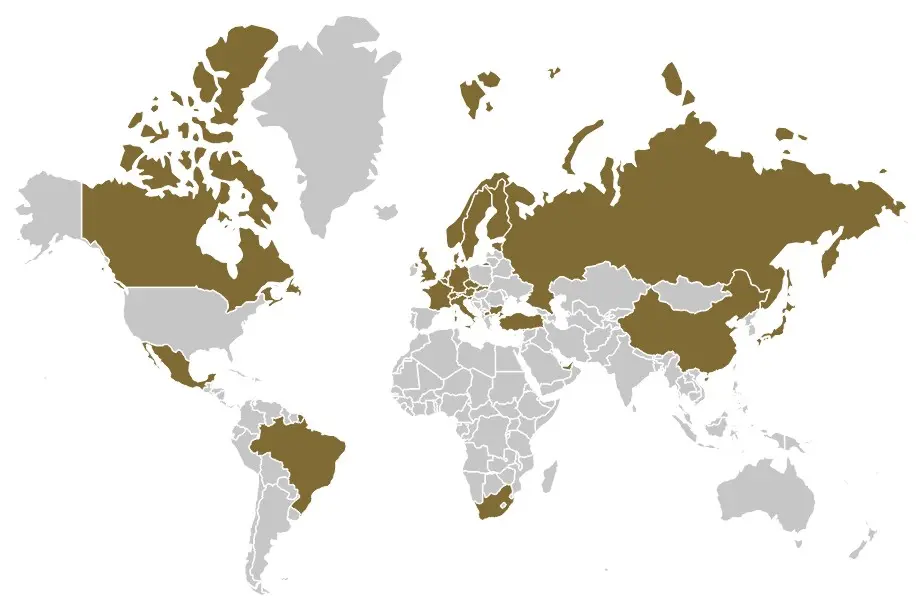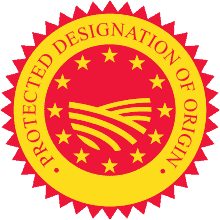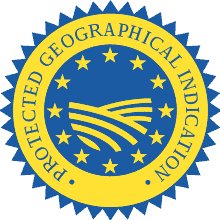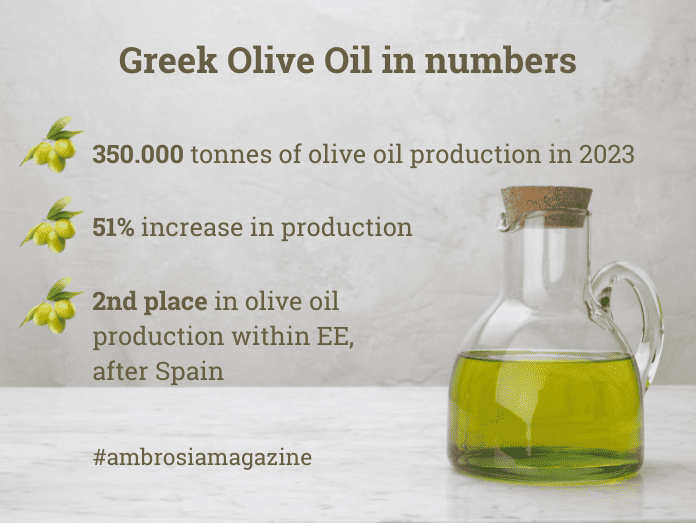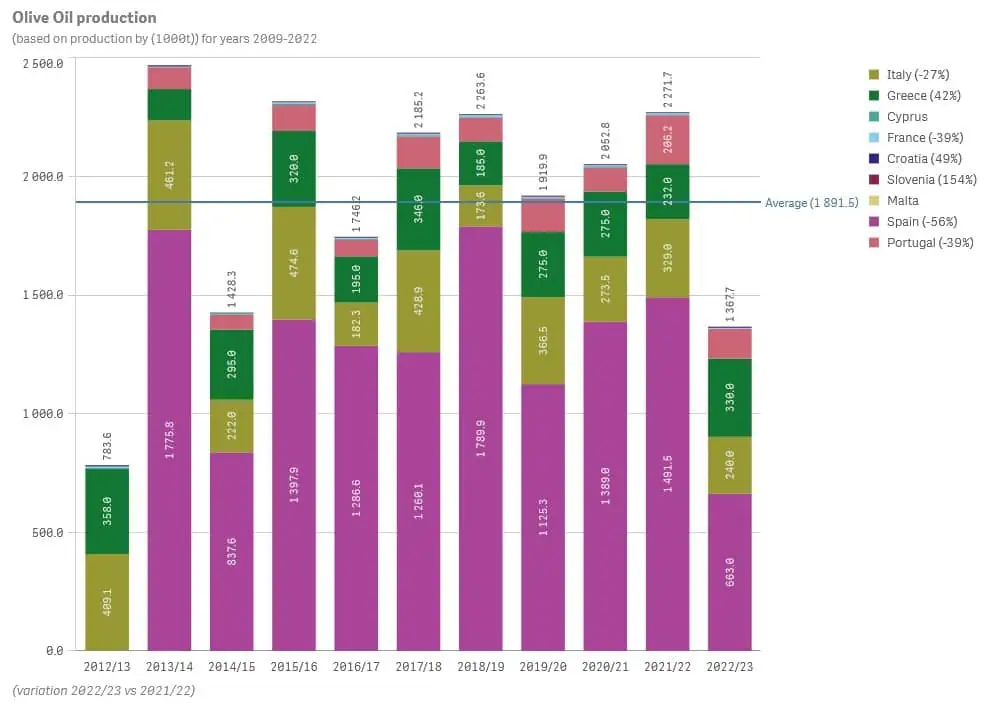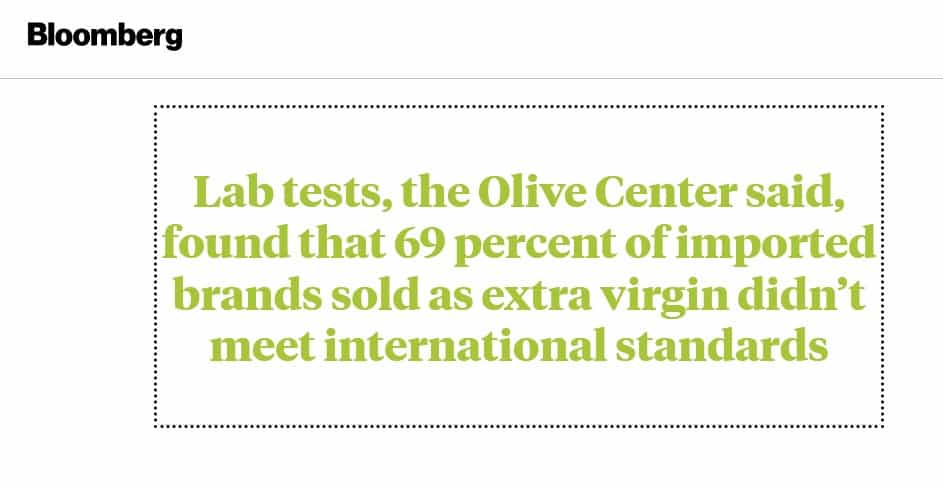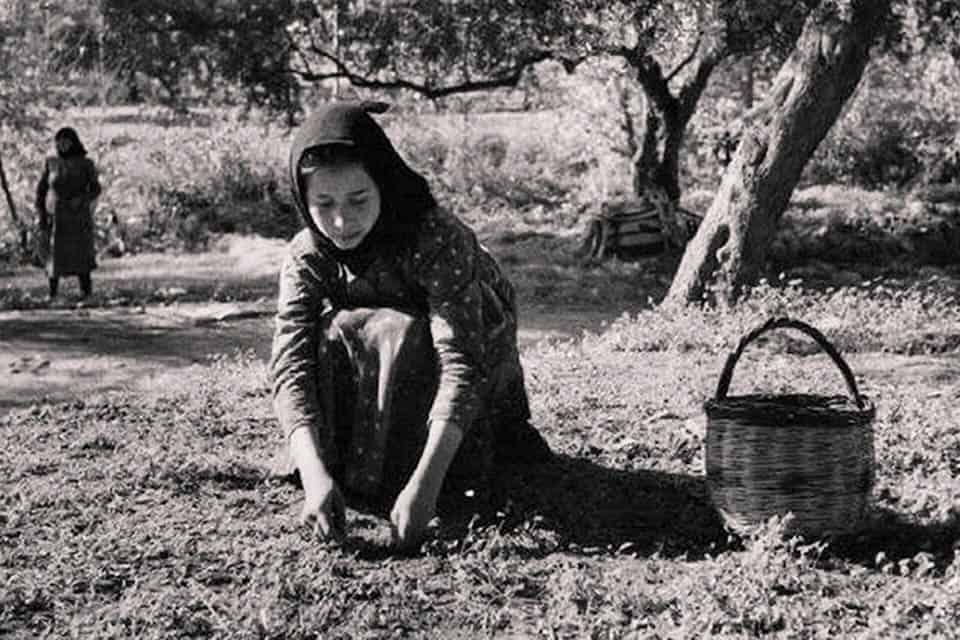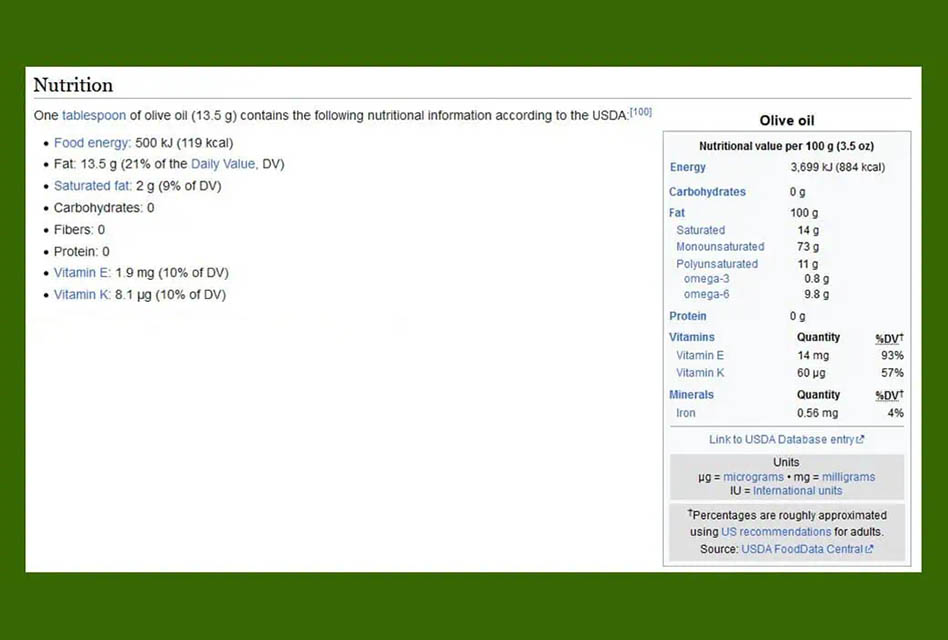Olive Oil: International production & consumption of Olive Oil – Production & consumption of Olive Oil in Greece
Statistics and Info regarding Olive Oil: International production & consumption of Olive Oil – Production & consumption of Olive Oil in Greece
International production and consumption of Olive Oil
Mediterranean countries are among the most important producers of olive oil in the world, with Spain, Italy and Greece producing the largest quantities of olive oil, while Greece has by far the largest consumption of olive oil per capita internationally.
| Country of Olive Oil Production | Olive Oil production (in tones in 2010) |
Production % of world’s Olive Oil (2010) | Consumption % of Olive Oil (2012) | Annual consumption of olive oil per capita (liters) |
|---|---|---|---|---|
| Spain | 1.487.000 | 45,5% = (no1) | 17% | 13,62 |
| Italy | 548.500 | 16,8% | 19% = (no1) | 12,35 |
| Greece | 352.800 | 10,8% | 7% | 23,7 = (no1) |
| Syria | 177.400 | 5,4% | 4% | 7 |
| Morocco | 169.900 | 5,2% | 4% | 11,1 |
| Turkey | 161.600 | 4,9% | 5% | 1,2 |
| Tunisia | 160.100 | 4,9% | 1% | 5 |
| Portugal | 66.600 | 2,0% | 2% | 7,1 |
| Algeria | 33.600 | 1% | 2% | 1,8 |
| Rest of countries | 111.749 | 3,5% | 39% | 1,18 |
| WORLDWIDE | 3.269.248 | 100% | 100% | 0,43 |
Production of Greek olive oil & consumption of Olive Oil in Greece

Production of Greek olive oil & consumption of Olive Oil in Greece
Historical facts and data on Olive Oil in Greece
In Greece, presses for olive oil production from olives and olive oil storage jars, dating back to the Mycenaean era, have been found.
According to the excavations carried out in the Proto-Cycladic II (2.700 – 2.300 BC) cemetery of Spedos in 1903 by archaeologist Klonos Stefanos, among the other finds, he mentions a silver-plated clay vase which had traces of spoiled olive oil. The careful research in the chemistry of the National University under Professor K. Zengeli proved, beyond doubt, the existence of olive oil. Klonos Stefanos (in the Proceedings of the Archaeological Society PAE 1906) notes that together with the silver-plated clay vessel, a triple clay olive oil lamp was found. Olive oil is referred to on a Linear B tablet from Knossos as “erawo” (olive oil) and on others with a special ideogram.
The uses of olive oil, apart from its use in nutrition, were:
- for lighting (olive oil lamps)
- for perfumes (perfume oils)
- as a preservative
- for body care / cleansing
- in tanning elaborationOlive Oil Qualities
According to the current olive oil quality classification, “virgin olive oil” is: the olive oil obtained only by mechanical methods or other natural treatments of olives, with conditions that do not cause the olive oil to deteriorate and which has not undergone any other treatment, except washing, decanting, of centrifugation and filtration. Excluded are oils obtained with solvents, with auxiliary receiving materials that have a chemical or biochemical effect, or with methods of re-esterification or mixing olive oil with oils of another nature. Therefore, the “virgin olive oil” is the “natural juice” oil, which contains intact all the essential components contained in the olive fruit (vitamins, trace elements, trace elements, etc.) and by extension the one that has all the health benefits properties.
“Virgin olive oils” are classified and classified in detail with the following names, depending on their content of free fatty acids (acidity) and with some special characteristics provided for each category:
- Extra Virgin Olive Oil (acidity ≤0,8%)
- Virgin Olive Oil (acidity ≤2,0%)
- Lampante Olive Oil (acidity >2,0%) - lampante olive oil is not suitable for consumption (its for refining/industrial use)Institutional Framework in Greece regarding Olive Oil
The production and marketing of olive oil is one of the most strictly regulated activities of the Greek economy due to an institutional framework that strictly defines the specifications, production, distribution, storage, quality assurance, competition, pricing policy, exports to third countries, imports from them and market conditions in general.
EU regulations and decisions have a decisive role in shaping the institutional framework of the drug market. for the Common Agricultural Policy the protection of consumers, the protection of the health of the population and the strengthening of the competitiveness of European agriculture. Greek legislation is harmonized almost immediately with EU directives.

Production of Greek olive oil – consumption of Olive Oil in Greece
Contribution of the Olive Oil cultivation sector to the Greek Economy
The production of olive oil is an important branch of the Greek economy, since more than 450 thousand agricultural families are active in olive growing as their main or supplementary occupation, mainly in disadvantaged areas, olive cultivation covers approximately 20% of of the country’s used agricultural area, while the participation of olive oil in the agricultural GDP amounts to 7,5-10% per year (depending on the year) and its contribution to total exports is approximately 1,5%. Olive oil is also a key component of the Greek diet (4,2% of total food expenditure and more than 5,5% if private consumption is taken into account). In addition to its economic dimension, olive cultivation is of enormous social and environmental importance for our country since it contributes decisively to the viability of disadvantaged areas, to the maintenance of social cohesion in them, to the protection of soils from erosion and to the preservation of its natural beauty Greek landscape.
Most of the olive oil mills’ output is available to oil producers or traders for bulk consumption, while the rest goes to standardizing units. The production process of standardization, although apparently simple, requires quite complex procedures to ensure the product quality, according to the strict institutional framework. Modern laboratories for quality control, raw materials, assessment of growing, harvesting and crushing conditions are required to ensure higher quality standards and prevent adulteration during handling.
The size of the domestic olive oil consumption market in Greece, is estimated at approximately 353.000 tons per year. 45% of this total olive oil quantity concerns self-consumption, 25% of the olive oil produced in Greece is consumed by catering businesses, hotels, hospitals, etc., while only 30% of the produced Greek olive oil is available through retail trade to final consumers in Greece.

Olive trees grove in Greece
Evolution and Quality of the Olive Oil Production in Greece
(in terms of quality, Greek olive oil has always had the highest percentage of extra virgin olive oil worldwide as a percentage of total olive oil production)
(2010) Olive oil production is a traditional activity in Greece, without spectacular developments in mechanization and yields. The average yield in oil/tree from 2,2 Kg in the decade 1961 – 1970 rose to 2,6 Kg in the following two decades (1971 – 1990), to 3,4 Kg in the period 1991 – 2000, while it fell to 2,7 Kg in the last decade (2001 – 2010). Thus, the increase in production is mainly due (until 2010) to the increase in the number of olive trees and to a much lesser extent to the increase in productivity. It should be noted, however, that after the catastrophic fires of 2006 there was a loss of plant capital which translates into reduced oil production by 10-15,000 tones per year.
In the most recent decade, however, things have changed, culminating in 2022 – 2023, which is also a record year in the production of quality extra virgin olive oil in quantity (in terms of quality, Greek olive oil has always had the highest percentage of extra virgin olive oil worldwide as a percentage of total olive oil production)
Who In The World Consumes The Most Olive Oil?

The Greeks Consume The Most Olive Oil In The World
When you do a side-by-side comparison of each nationality, it’s actually those who are from Greece who consume the most olive oil year after year. Though the actual numbers of how much they eat varies (depending on who you ask and the year), all sources agree that the Greeks devour a minimum of 20 liters per year. (SOURCE: https://www.centrafoods.com/blog/who-in-the-world-consumes-the-most-olive-oil)

The quality of Greek olive oil is the highest worldwide:
The main advantage of Greek olive oil is its higher quality due to both its organoleptic characteristics and its taste, the color and its aroma. 75 – 85% of Greek olive oil (depending on the year) belongs to the category of EXTRA VIRGIN OLIVE OIL, compared to about 50% of Italy and about 35% of Spain.
Due to the diversity of soils and microclimates, the excellent varieties and the applied techniques cultivation and harvesting, the olive oils produced in our country, in addition to the high quality, are characterized by a high degree of differentiation depending on the region the olive oil was produced.
It is no coincidence that the number of PDO olive oils and PGI olive oils in Greece is much higher in relation to the size of Greek olive oil production compared to that of other competing olive oil producing countries.
A total of 27 Greek olive oils have registered a Protected Designation of Origin (PDO) or a Protected Geographical Indication (PGI) from the European Union.
Greek Organic (BIO) Extra Virgin Olive Oil production:
The conditions and prospects of organic extra virgin olive oil production in our country are excellent.
The climatic, soil, geomorphological and olive oil cultivation conditions that prevail in Greece are favorable for organic olive cultivation. The structural characteristics of Greek olive oil production (mountainous or semi-mountainous soils, small holdings, traditional farming method, high cost for quality production already applied, etc.) are serious comparative advantages of Greek Organic Extra Virgin Olive Oil.
Choose Greek Extra Virgin olive oil:
• Greece is the world’s largest exporter of Extra Virgin Olive Oil (with Spain being no1 in Virgin Olive Oil). All those involved in the production and marketing of olive oil know the superior quality and the excellent organoleptic properties of Greek olive oil, which is exported in bulk and is added into olive oil packaged and sold elsewhere to discretely grant its unparalleled taste and aroma.
• Greece offers the ultimate biotope for cultivating the olive tree. During the passing millennia, Greek olive cultivars have developed distinct characteristics that make their olive oil stand out. Especially Koroneiki, one of the oldest varieties in Greece, produces an exceptional extra virgin olive oil with a fruity, fresh flavor and a low acidity level.
• Extensive research indicates that Greek olive oil contains more polyphenols (antioxidants which can reduce the risk of developing a number of health problems including coronary artery disease) than extra virgin oils of other origins. And no wonder, since tradition, modern technology, and scientific research are harmoniously combined in the cultivation of olive trees, and the production of olive oil, while the most appropriate harvesting techniques are used.
(SOURCE: https://ambrosiamagazine.com/global-olive-oil-consumption-at-record-high-in-2020/ )
Excellent sources of information and data regarding: International production & consumption of Olive Oil – Production & consumption of Olive Oil in Greece:
– Lower quantity but better quality the olive oil production in Greece
– Greece’s olive oil exports continue the upward trend, Greece Set to Become Second-Largest Olive Oil Producer in Europe
– The Olive Oil production and market in the European Union
– Greek Olive Oil Exports On the Rise
– Consumer Preferences for Quality Foods from a South European Perspective: A Conjoint Analysis Implementation on Greek Olive Oil
– Attitudes towards Olive Oil Usage, Domestic Storage and Knowledge of Quality: A Consumers’ Survey in Greece
– Huge decline in global Olive Oil production (2023) – but big production increase in Greece
Global Olive Oil Market

CRITIDA BIO CRETAN OLIVE OIL - Producers of Pure, Premium Cretan Culinary Products: Our Food Products are EXPORTED WORLDWIDE to 40+ countries, since 1998 - Join Us!
We are a centuries-long family company (est 1912) in the production of EVOO Olive Oil on the island of CRETE in GREECE. Our Pure Premium Cretan extra virgin olive oil and culinary food products are exported in 40+ countries worldwide to a carefully selected network of partners. CONTACT US, BE OUR NEXT VALUED BUSINESS PARTNER ! for Extra Virgin Olive Oil (EVOO) - Organic (Bio) Extra Virgin Olive Oil (Organic EVOO) - Greek Table Olives - Balsamic Vinegars - Delicatessen, all from CRETE GREECE
Related posts
Early Harvest Olive Oil – What is Early Harvest Olive Oil?
What is Early Harvest Olive Oil? Early harvest olive oil, also known as early pressed or early harve
Olive Oil Ingredients (Chemical Composition of EVOO)
Learn more about the Chemical Characteristics of Olive Oil – Fatty Acids, Trans Fatty Acids,
Greek PDO and PGI Olive Oil products (list, specifications and info)
Info and facts about PDO and PGI Olive Oil products – Greek PDO and PGI Olive Oil products PDO
Winter Fancy Food Show 2022 in Las Vegas USA
Our company CRITIDA BIO CRETAN OLIVE OIL will participate in “Winter Fancy Food Show 2022̶

